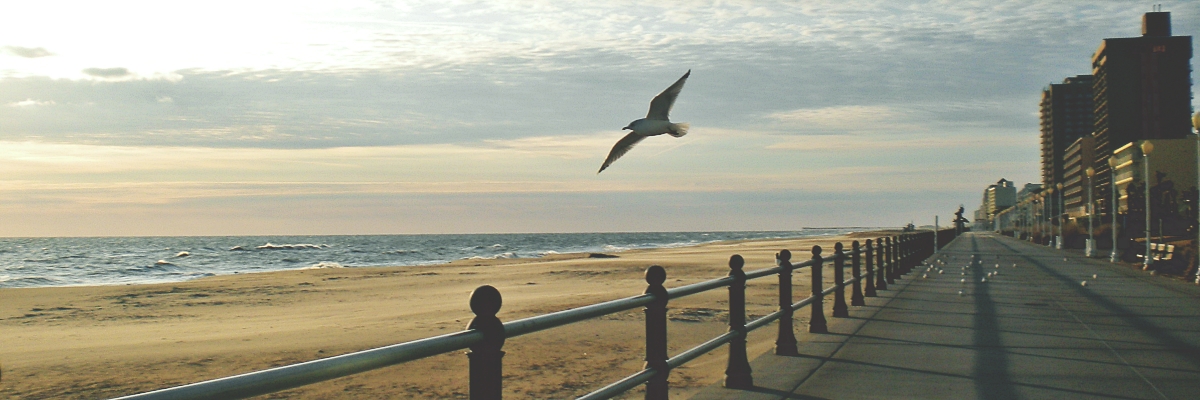Published in The Bridge – Spring 1995, the last issue edited and produced by Bernice Meyer Saltzman
Our daughter, Lisa, went to Israel in September 1973 “just for a year” on the Young Judea program, a week before her 18th birthday, two weeks before the Yom Kippur War. That year quickly spawned a decision to attend college in Israel which led to aliyah. In early 1977 Lisa sent a clipping from The Jerusalem Post describing a new organization for parents with children in Israel. “You ought to join this,” she wrote.
Good friends soon pulled us into the Connecticut chapter which had organized in April 1976. By September 1977 I had become editor of the chapter newsletter. In 1982 I started writing reports for The Bridge and in Spring 1983 accepted the job of editor. The degree I had earned from Syracuse University School of Journalism in 1950 finally got framed and hung on the wall next to my husband’s diploma from SU Medical School!
Thus did PNAI, both local and national, become the arena for most of my pro bono activities as well as the main channel for expressing my profound interest in and concern for the State of Israel. The hardest part of being editor has been having to plan visits to family in Israel, California and Virginia around The Bridge publishing schedule. The best part has been the acquisition of computer skills that make the eyes of others my age glaze over. And the most interesting part has been the overview, from the editorial territory, of the organization, its chapters and individual members. I am deeply grateful for the many blessings in my life of many blessings, that PNAI has awarded me: learning new skills, expanding my knowledge of Israel and Judaism, above all acquiring cherished friends.
At the Passover Yizkor service a question arose: how does one go emotionally from the joy of the seder to the sadness of Yizkor, so very sad that day with the ongoing slayings in Israel and the new tragedy in Oklahoma City, then back again to celebration with the day’s Torah portion from Exodus, the great deliverance at the Sea. One thinks of the question again a short time later with the four observances we have added to our calendar since 1948: Yom HaShoah, Holocaust Remembrance Day, and six days after that, Yom HaZikaron, Memorial Day for Israel’s fallen soldiers, followed next day by Yom HaAtzmaut, Israel Independence Day, followed by Yom Yerushalaim, celebrating the reunification of Jerusalem in June 1967.
The only possible answer is that this is what Jews do, in order to remember all those whose struggle and sacrifices made our triumphs possible. It is how we live in that ambiguous, ambivalent, existential place between grief and joy, between doubt and certainty, between evil and good.
We parents with children in both Israel and North America often totter on the balance between kavod, the honor and the pride our children reflect on us, and kaved, the weight of worry and loneliness their life’s choice has thrust upon us. How do we negotiate the passage? We do it most successfully, I think, when we follow the PNA path, especially of patience, educating ourselves, tolerance of and sharing with others. We do it most Jewishly when we draw on the strengths that Judaism bestows on us, especially bitahon betuv haolam, our unshakable, invincible optimism, based on our trust and faith in a good and just God ruling the world and on our conviction that the world God created is good, in fact “very good.”
